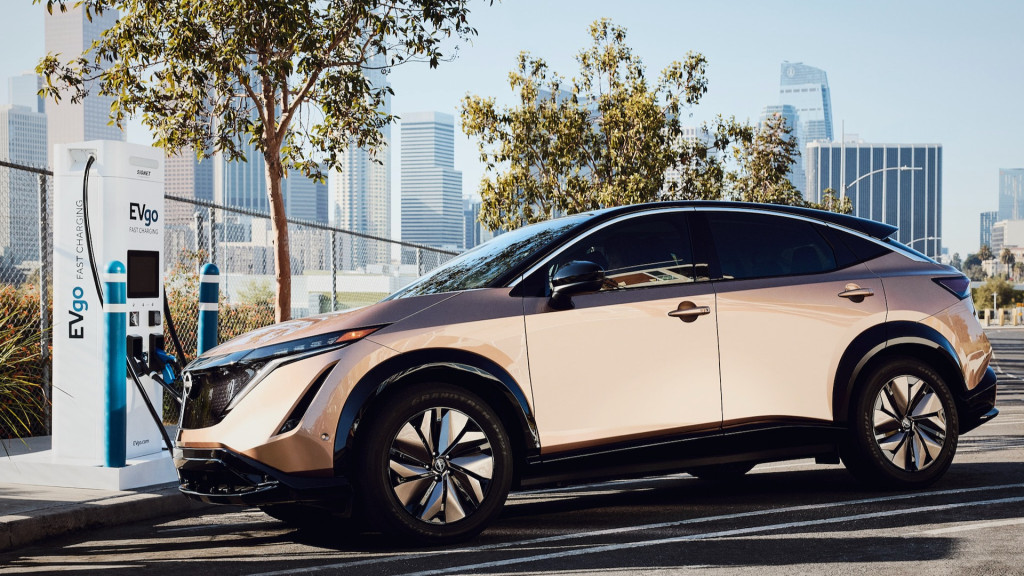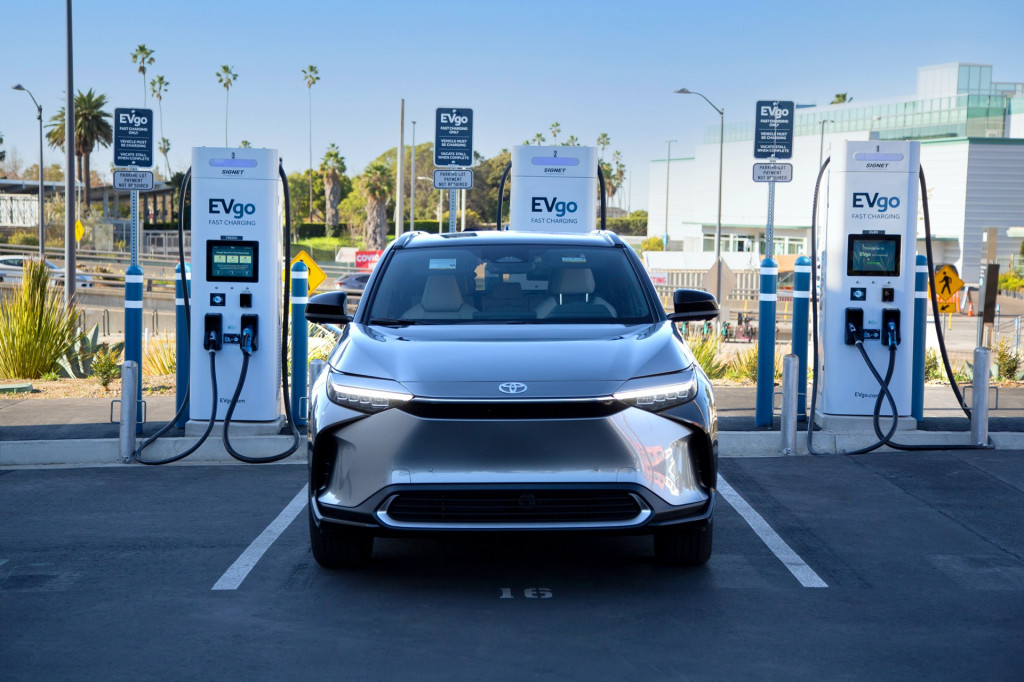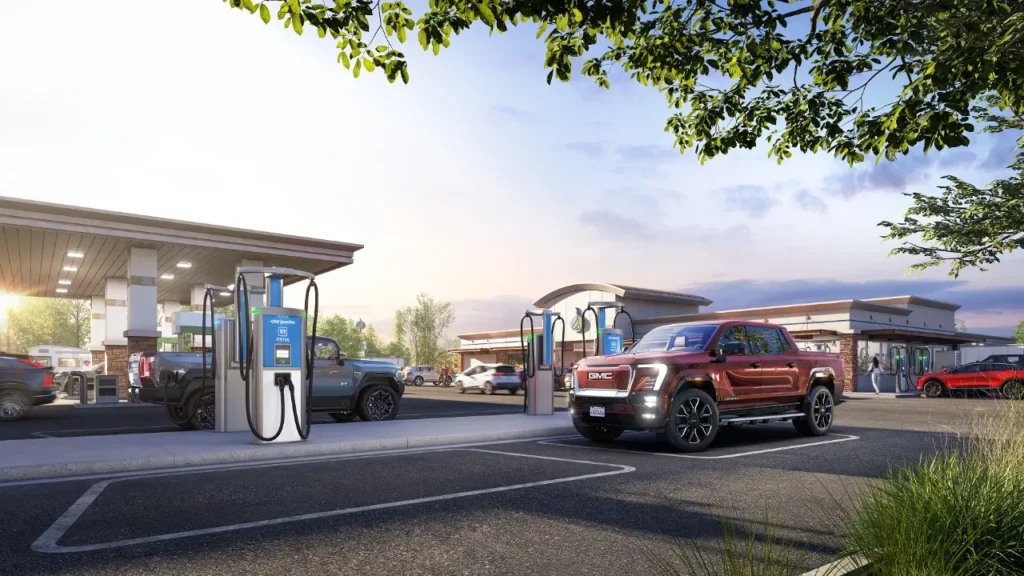Last week’s U.S. Department of Transportation (DOT) announcement regarding the freeze on the federal government’s EV charging infrastructure program has sparked reactions from various industry stakeholders, including automakers.
According to a statement reported by Reuters, the Electric Drive Transportation Association (EDTA) has called on the Trump administration to reinstate the National Electric Vehicle Infrastructure (NEVI) program. The EDTA emphasized the program’s role in promoting U.S. innovation, domestic investment, and energy security.
The EDTA’s membership includes six automakers: Ford, General Motors, Mitsubishi, Nissan, Stellantis, and Toyota, along with other stakeholders such as charging networks, charging-hardware suppliers, and Walmart. While the EDTA’s statement reflects the group’s collective interests, it remains unclear which specific companies may have supported the call for reversing the Trump administration’s policy.

The EDTA urged the Administration to promptly resume the NEVI program to minimize uncertainty for states and businesses that have invested in infrastructure to support advanced transportation goals.
The recent DOT decision rescinds previous guidance for the NEVI program, which was established under the 2021 infrastructure law to allocate funding for a national network with a target of 500,000 EV chargers and a budget of $7.5 billion. While approved projects will still receive funding, new project funding has been put on hold pending revised guidance.

Within the NEVI framework, states are required to submit plans outlining how they intend to utilize the available funding. The DOT plans to request new plans from states once updated guidance is finalized, potentially introducing further uncertainty and delaying progress in the EV charging infrastructure development.
Some of the automakers affiliated with the EDTA are also involved in Ionna, a charging network aiming to deploy 30,000 chargers by 2030. This initiative positions Ionna as a key competitor to Tesla in the charging-network space. With the NEVI program facing uncertainty, charging companies face heightened financial risks, especially as Tesla’s CEO Elon Musk maintains close ties with the Trump Administration.

